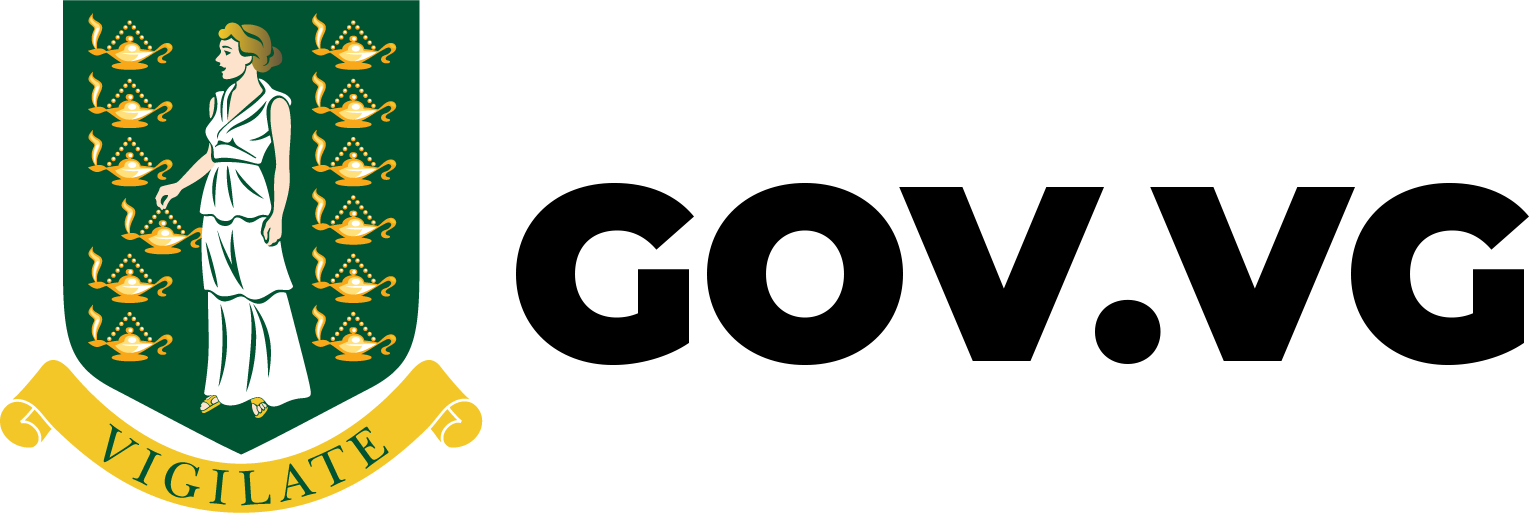Branches of Government
Executive Branch
The executive branch in the Virgin Islands operates within the framework of the British Overseas Territory system, with the Governor representing the interests of the British government and the elected Premier and Cabinet managing the day-to-day affairs of the territory.
Legislative Branch
The legislative branch of the Virgin Islands consists of a unicameral legislature known as the House of Assembly. The House of Assembly is responsible for making laws, scrutinizing the actions of the executive branch, and representing the interests of the people of the Virgin Islands.
The House of Assembly is composed of elected members called legislators or representatives. These members are elected through general elections, which are typically held every four years. The exact number of members may vary based on electoral districts and other factors, but as of my last update, there were 13 elected members.
Judicial Branch
The judicial branch of the Virgin Islands is independent and plays a crucial role in upholding the rule of law, administering justice, and safeguarding individual rights and freedoms.
The highest court in the Virgin Islands is the Eastern Caribbean Supreme Court, which has two divisions: the High Court and the Court of Appeal. The High Court has jurisdiction over civil and criminal matters, while the Court of Appeal hears appeals from decisions made by the High Court and other lower courts in the Eastern Caribbean.
The judicial branch of the Virgin Islands plays a vital role in interpreting and applying the law, resolving disputes, and safeguarding the rights and liberties of the territory's residents.
